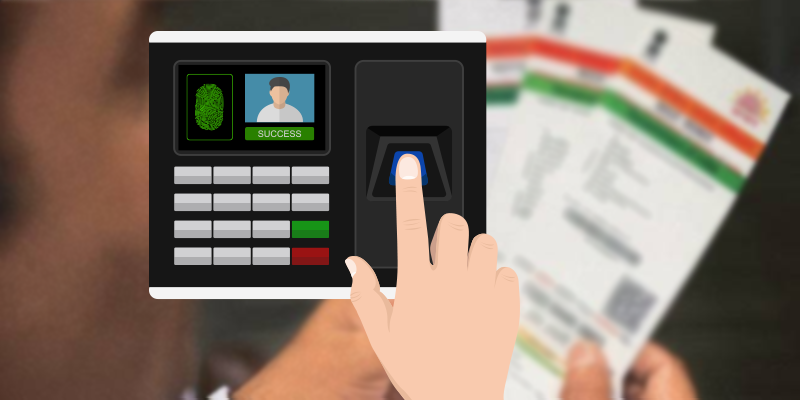
The government may not be able to put in place the Digital India Act, which aims to replace over 23 years old IT Act 2000, before the next general election, as there is not much time left for extensive consultation, minister of state for electronics and IT Rajeev Chandrasekhar said on Wednesday.
While speaking at the Global Technology Summit 2023, the minister, however, said that the rules for Digital Personal Data Protection Act will be out later this month for consultation and are expected to be notified by the end of December or early January.
Chandrasekhar said, the existing IT Act doesn’t even have the word internet and there is a consensus that it can be safely superseded and replaced.
“The successor act to that is something called the Digital India Act, which is a work in progress. We have the draft ready and a lot of work has gone into it.
“I suspect that before the next elections, we will not be able to legislate it because one of the things that the Prime Minister insists on is that we need every digital legislation to be extensively consulted. Therefore, I don’t think we have enough time to get that done,” Chandrasekhar said.
The proposed Digital India Act (DIA) has a lot of focus on the online segment.
.thumbnailWrapper
width:6.62rem !important;
.alsoReadTitleImage
min-width: 81px !important;
min-height: 81px !important;
.alsoReadMainTitleText
font-size: 14px !important;
line-height: 20px !important;
.alsoReadHeadText
font-size: 24px !important;
line-height: 20px !important;

The proposed Digital India Act will focus on making the internet open with rules to check on dominance of certain players, focus on online safety and user harm with provisions like age-gating by regulating addictive technology, discretionary moderation of fake news by social media, define and regulate emerging technologies etc.
The DIA also proposed stringent regulation for privacy invasive devices such as spy camera glasses, wearable tech by adding know your customer rules for retail sales backed by appropriate criminal law sanctions.



![Read more about the article [Funding alert] DMI Finance raises $47M equity investment from Sumitomo Mitsui Trust Bank, others](https://blog.digitalsevaa.com/wp-content/uploads/2021/11/Image3e9f-1606833617001-300x150.jpg)






